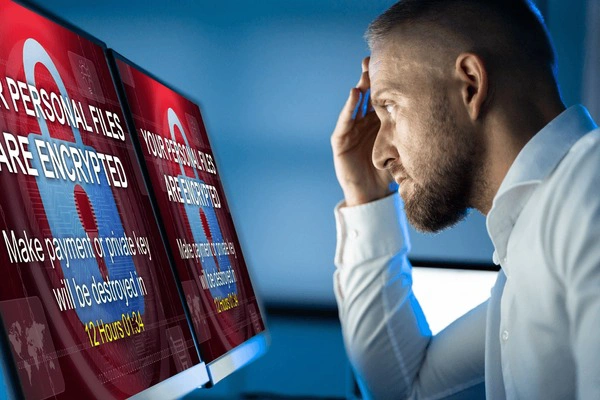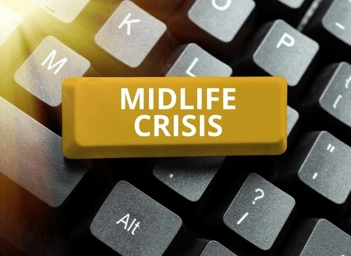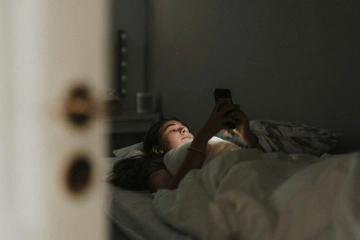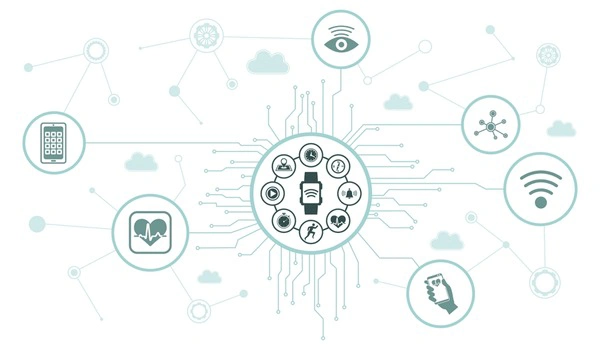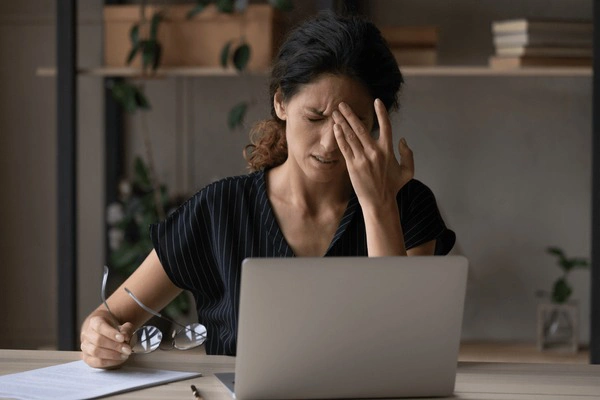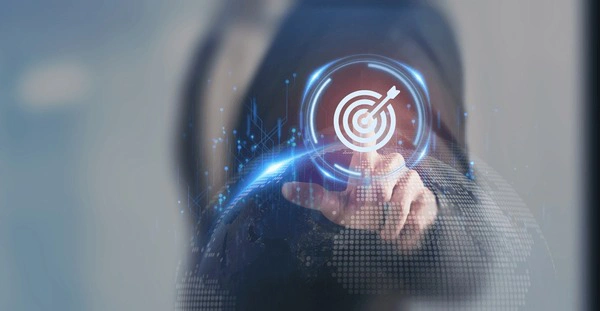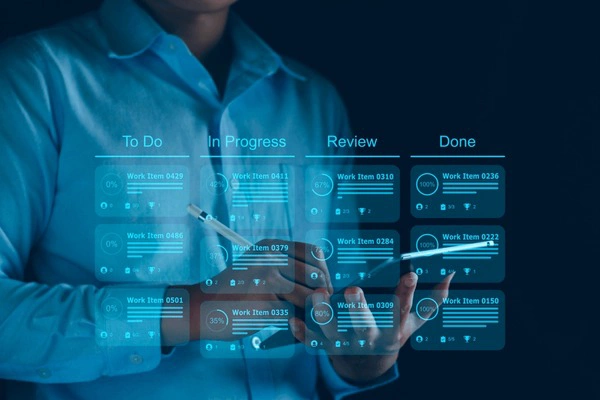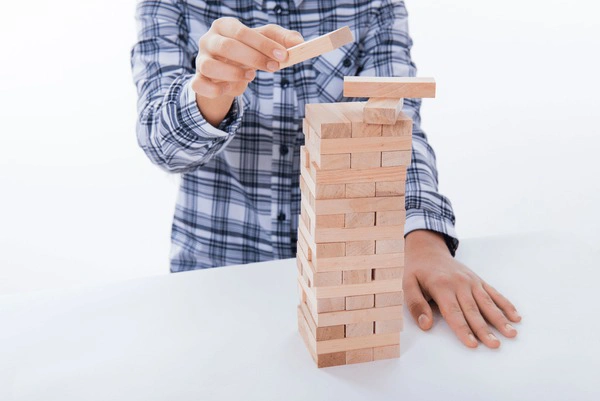
Unlocking Mental Clarity: The Power of a Digital Detox
Reducing screen time offers numerous mental health benefits, including improved focus and reduced stress. A digital detox provides a way to achieve this balance, leading to better sleep and a more fulfilling life. With simple strategies like setting limits and engaging in offline activities, you can enjoy a clearer mind and increased productivity.
David Yi
04/12/2024 - 7 months ago

Understanding Digital Detox
In today's fast-paced world, screens are everywhere. From smartphones to laptops, they are a big part of our daily lives. But too much screen time can make us feel stressed and tired. This is where a digital detox comes in. A digital detox means taking a break from screens to help your mind rest. It's a way to reset and feel more focused.
Researchers have found that spending less time on screens can improve our mental health. When we are always looking at screens, it can be hard to concentrate and think clearly. By reducing screen time, we give our brains a chance to recharge. This can lead to better focus and a calmer mind.
A digital detox doesn't mean you have to give up technology completely. It's about finding a balance that works for you. Start with small steps, like setting limits on your phone use or taking breaks from social media. The goal is to create more time for activities that don't involve screens, like reading a book or going for a walk.
Benefits of Digital Detox
Taking a break from screens has many benefits for your mental health. One of the biggest advantages is improved focus. When you spend less time on your phone or computer, you can concentrate better on tasks. This means you can get more done at work or enjoy hobbies without getting distracted.
Another benefit is better sleep. Blue light from screens can mess with your sleep patterns, making it hard to fall asleep. By reducing screen time, especially before bed, you can improve your sleep quality. A good night's sleep helps you feel refreshed and ready for the day.
A digital detox can also help you feel less stressed. Constant notifications and emails can be overwhelming. By cutting back on screen time, you can lower your stress levels and feel more relaxed. This can lead to better relationships and a more enjoyable life.
Strategies for Reducing Screen Time
Reducing screen time starts with setting clear goals. Decide how much time you want to spend on screens each day. Use apps that track your screen time and alert you when you reach your limit. This can help you stay on track and be more mindful of your screen habits.
Another strategy is to create screen-free zones in your home. For example, make the dining room a place where phones and tablets are not allowed. This encourages family time and meaningful conversations without distractions. You can also set specific times during the day when screens are off-limits, like during meals or before bedtime.
Engaging in activities that don't involve screens is also a great way to reduce screen time. Try picking up a new hobby, like gardening or painting. Spend time outdoors, go for a walk, or have a picnic in the park. These activities help you connect with nature and others, improving your mood and focus.
Embracing a Balanced Lifestyle
A digital detox is about finding a balance between technology and real life. It's important to remember that screens are not the enemy; they are tools that should be used wisely. By being mindful of your screen time, you can enjoy the benefits of technology without feeling overwhelmed.
Creating a balanced lifestyle involves making small changes that add up over time. Start by setting screen time limits and sticking to them. Replace some of your screen time with activities that bring joy and relaxation. This can lead to a happier, more fulfilling life.
Finally, remember to be patient with yourself. Changing habits takes time, and it's okay to slip up occasionally. The key is to keep trying and find what works best for you. By embracing a balanced approach, you can enjoy the positives of both the digital world and offline experiences, leading to greater mental clarity and improved focus.





